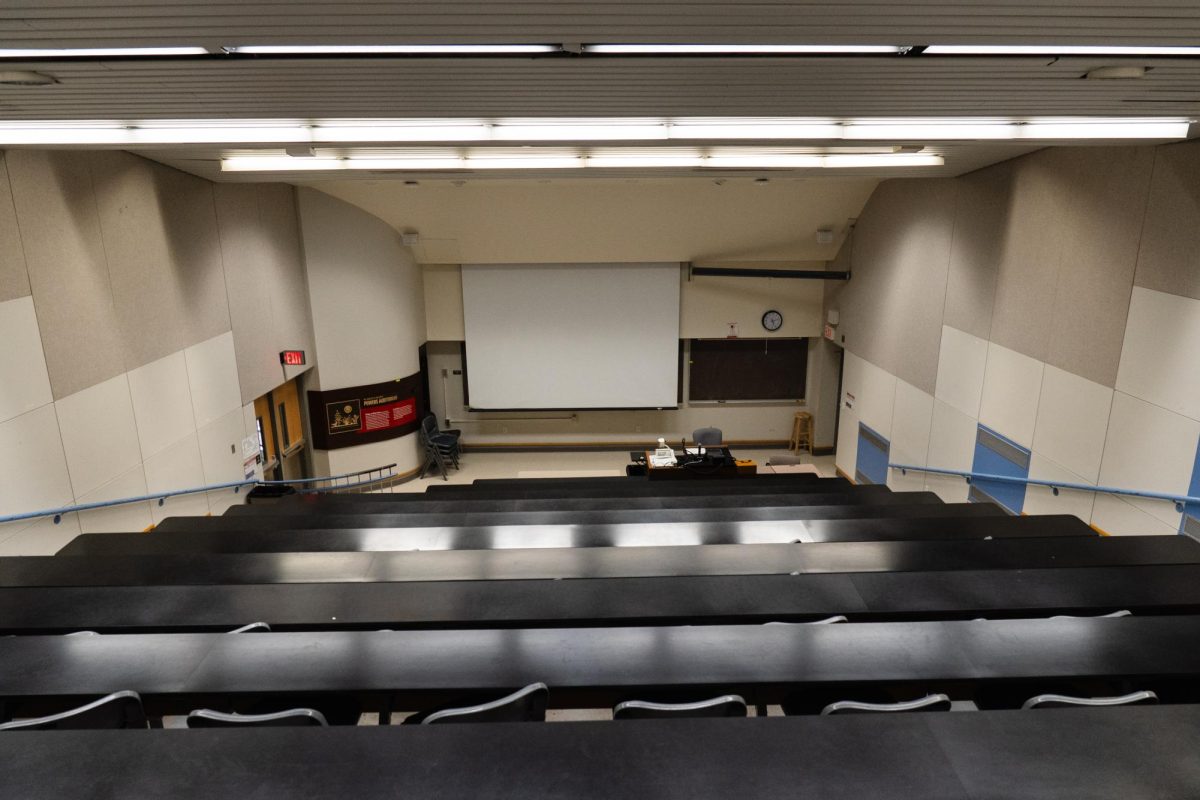Woods wants to know what voters want to see happen
November 1, 1996
Most political candidates are campaigning on what they stand for, but one Iowa candidate is asking voters to interview him for a job in the Iowa House of Representatives.
Dick Woods, Republican House candidate for District 61, has been circulating a survey to voters and is recording the responses in his computer in order to assess voter opinion.
Woods, a counselor, has served on several state agencies and has pushed through legislative measures dealing with divorce and the elderly. He served on the Iowa Commission on the Aging, the Counsel for Children, Youth and Families and other government groups.
Woods’ work for the state includes achieving property tax relief for low income senior citizens, developing the Older Iowans Legislature and state funding for agencies on aging.
In addition, for Iowans dealing with divorce Woods also worked for a joint custody law, makeup time for lost visitation and state funding for neutral drop-off centers.
Woods’ work has also hit the national level. The Family Support Act allowed federal funding to study neutral drop-off and other techniques in seven states.
In education, Woods said there needs to be a focus on extending the Iowa grant program to graduate students. Also important is making sure Iowa State faculty and staff receive the entirety of their raises.
Research is important at the university, Woods said. He supports funding for a biological isolation to study dangerous animal diseases at the ISU Vet Med Center.
“We need a facility for that,” he said. Research is vital, he added, but it is not very successful at the private level. “One of the things that government can do better than the private sector is research,” he said.
Woods thinks the interest on educational savings should be tax exempt for students. Also, he favors a tax deduction for interest on student loans. “You’re paying that money to the government anyway,” Woods said. “It’s like a tax on a tax.”
Woods also supports mass transit like Cy-Ride. When fees are raised for mass transit, people don’t ride as much, which leads to financial problems. “It’s really counter-productive to increase fares,” he said.
















